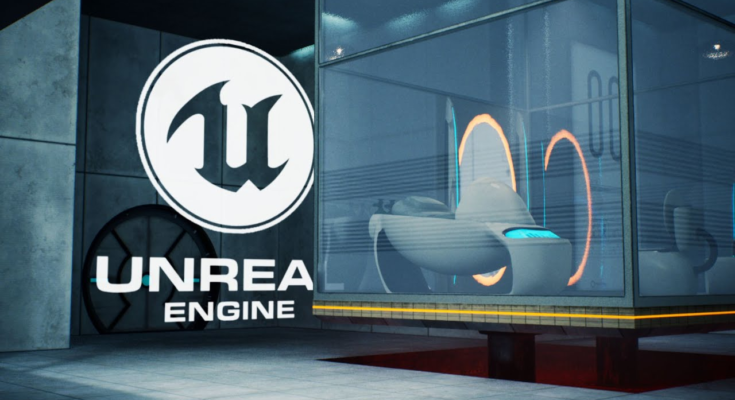A Portal Unreal Engine 5 fan remake video has surfaced online, showing Valve’s 2007 puzzle-platform title in Epic’s new engine, and it has us thirsting for a proper next-gen remake.
Since the release of the Unreal Engine version, there have been plenty of videos showing titles being remade in Epic’s new engine. Today, we wanted to share this Portal remake video, complete with Ray Tracing. The fan video is courtesy of artist Alfred Beddow and shows the game’s first environment from the prelude, “test chamber 00”, in UE5. We’ve also included some screenshots of this pretty spectacular fan project.
Unfortunately, as with most of these Unreal Engine 5 remakes, it’s unlikely that the artist will create the entirety of Portal in Epic’s new engine. Also, this remake probably won’t be released to the public. Beddow, however, does mention that, if there’s developer interest, a full remake might be a possibility.
“Made for a university project, each asset was recreated from the ground up with new models and textures”, the artist writes. “Creative liberty was taken in some aspects to improve the fidelity of the models as the originals could be of very low quality and hard to replicate. Some assets such as the walls and doors were taken inspiration from Portal 2. I admit it’s not perfect and is missing a few things but I was on a time crunch and unfortunately didn’t have time to do everything.”
Portal was released for PC, PlayStation 3, and Xbox 360 back in 2007 as part of the Orange Box bundle.
Portal is a new single player game from Valve. Set in the mysterious Aperture Science Laboratories, Portal has been called one of the most innovative new games on the horizon and will offer gamers hours of unique gameplay.
The game is designed to change the way players approach, manipulate, and surmise the possibilities in a given environment; similar to how Half-Life® 2’s Gravity Gun innovated new ways to leverage an object in any given situation.
Players must solve physical puzzles and challenges by opening portals to maneuvering objects, and themselves, through space.
News Source: Via



